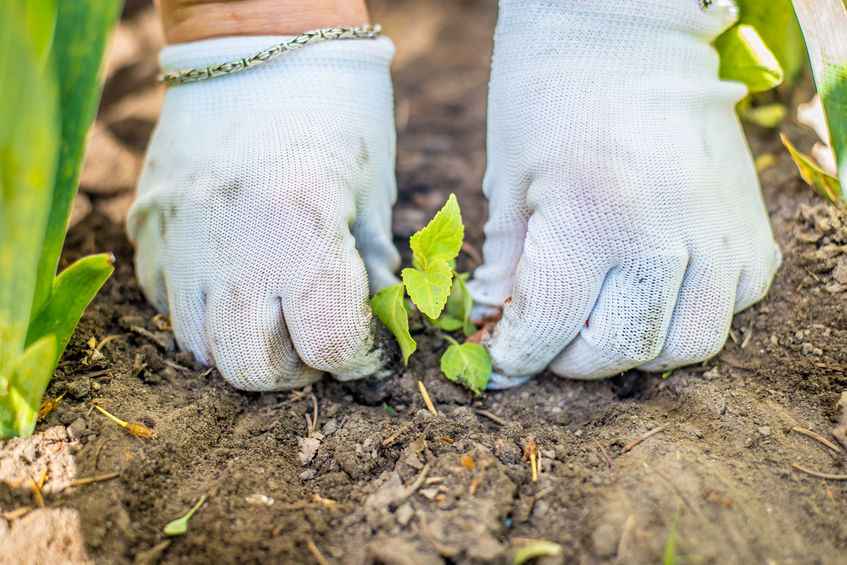
The UK agri-science sector has seen a reduction in valuable EU-funded work as a result of Brexit, according to crop researchers.
Future EU variety testing contracts will no longer be awarded to the UK.
Chairman of the UK crop research organisation NIAB said the EU Commission was taking a 'hardline' negotiating stance and is already damaging UK agri-science.
Speaking in Cambridge, chairman Jim Godfrey said the decision to withdraw testing contracts valued at around £600k a year 'shocked' him.
"The timing of this notification, without any prior consultation, came as a shock, not only because the UK is and remains a full EU member until the confirmed date of Brexit, but perhaps more significantly because NIAB is the only entrusted examination centre within the EU for the ornamental species involved," he said.
'Major headache'
Mr Godfrey also said the decision presents 'a major headache' for EU plant breeding companies and for CPVO in identifying alternative testing centres with the same level of scientific expertise.
"Despite attempts by European plant breeding organisations to press for some flexibility in the decision which would allow NIAB to continue this work and enable normal variety testing services to be maintained, the EU Commission's current position risks impacting NIAB and the UK science base as well as damaging the commercial interests of EU plant breeders. Talk about cutting off your nose to spite your face!
"NIAB is facing the collateral damage of the politics behind the Brexit negotiations.
"Because of the two-year timescales for testing many of the species involved, we are perhaps an early warning signal of the Commission’s hardline negotiating tactics and the potential wider implications for our sector.
"If the UK Government is serious about its commitment to safeguarding innovation and maintaining the UK science base it must step in to support NIAB in this case," he said.
